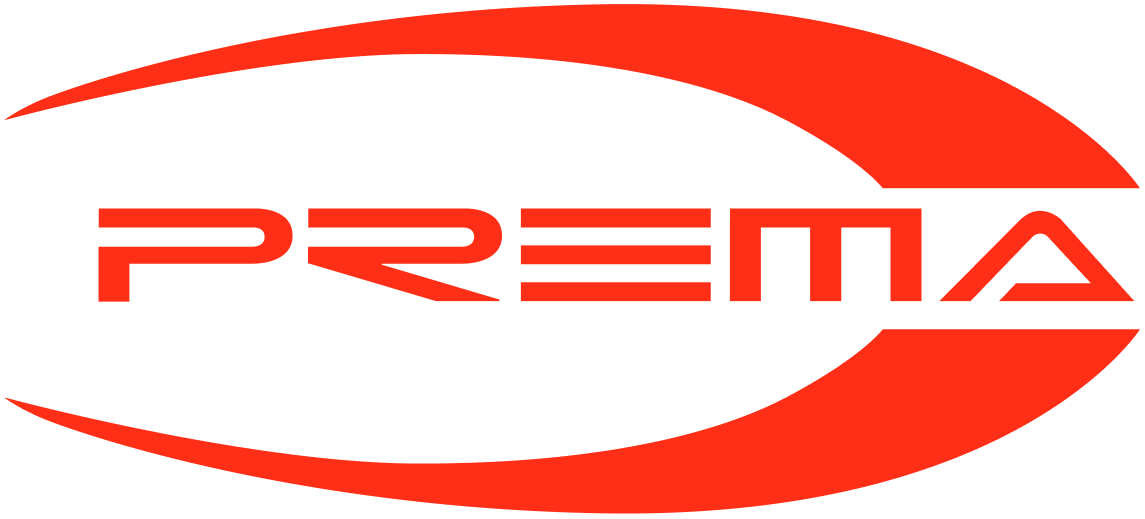Today’s technologically-advanced woodworking industry is a demanding field that necessitates high levels of precision, efficiency, and attention to detail from its professionals in order to execute some of the crucial tasks of the trade — which may include carving, joinery, carpentry, and woodturning.
 To create cabinets, furniture, art, and other wooden products, woodworking professionals count on a number of pneumatic tools, from drills and routers to air-powered sanders.
To create cabinets, furniture, art, and other wooden products, woodworking professionals count on a number of pneumatic tools, from drills and routers to air-powered sanders.
These pneumatic woodworking tools require a steady supply of high-quality compressed air, and while choosing between different compressed air technology may seem like an afterthought to many woodworking professionals, it shouldn’t be. Not only does an air compressor guarantee the energy efficiency and performative dependability of your tools, but in a woodworking shop, it may also feed breathing air purification systems that supply workers with clean, breathable air amidst sawdust and chemical fumes from paints and varnishes.
When it comes to powering your tools efficiently and providing a clean, steady supply of air at a regulated pressure, there is a clear winner. Here’s why woodworking professionals are opting for rotary vane technology instead of piston or screw models:
Many woodworking shops have traditionally relied on rotary screw or piston compressors for most of their applications. However, Stuart Silverman of compressor repair and distribution company Lans Co., told Woodworking Network, “A piston air compressor relies on intake and exhaust valves, which tend to wear and then leak. Once that happens, oil can get into the air system — a drawback to the purity of the system that causes maintenance headaches.”
What’s more, the increased speed by which many piston compressors operate today frequently leads to further damages. Ennis Mobley, President of Automotive & Industrial (A&I) Sales Associates, Inc. has said, “Today’s pistons have pumps running at a much higher speed, and these compressors are not designed to run as hard or as fast as how they’re being used — so we’re commonly seeing the valves and pumps fail much earlier. The crankshafts are also breaking because the pumps are so overworked.”
Due to the inherent wear and leaks caused by piston compressors, many woodworking professionals have tried rotary screw models instead. However, during operation, the axial thrust forces present in a rotary screw compressor put such a pounding on the thrust bearings that it will ultimately cause the thrust bearings to fail. In fact, according to Silverman, “Some shops have had screw compressors fail because of the high rotating speeds and extreme pressure point at the end of the screws.” At the very least, the high pressure and heat generated by a rotary screw compressor requires the constant maintenance and replacement of bearings and other parts.
Alternatively, rotary vane compressors utilize a technology that prohibits rust, wear, and leakage from occuring. Vanes are propelled outward by centrifugal force which eliminates axial thrust and the need for thrust bearings. The vanes glide atop a film of oil that remains between the blades and the stator wall, creating a near-perfect seal — thus preventing air leakage and energy losses like those suffered from rotary screw compressors or the deteriorating wear that is created by axial thrust.
This highly effective seal also renders vane compressors less susceptible to damages caused by dust or debris common in woodworking shops. Perhaps most importantly, the performance of a rotary vane air compressor is not reduced over time, since the layer of lubricant between the blades and the stator prohibit frictional wear.
Throughout the life of an air compressor, 83% of total cost demands are caused by energy usage, while just 11% of total costs come from initial investment, and maintenance accounts for a mere 6%. As such, a compressed air system’s overall energy efficiency should be top-of-mind for woodworking professionals selecting the right compressor for their needs.
A study conducted by researchers at Purdue University found that piston compressors demonstrate consistently low volumetric energy efficiency. The energy losses suffered by piston compressor systems are due in large part to internal operations. Researchers deemed the machine’s cylinder clearance volume “the most important source of volumetric inefficiency, representing approximately 60% of the total reduction in the mass flow rate.”
However, it turns out rotary screw compressors are no more efficient. Beyond the wear caused to bearings, rotary screw compressors suffer from a fatal flaw caused by the axial thrust that occurs during operation: as screws rotate within the machine, a gap between the rotors and the compressor’s cylinders create a “blowhole” in which air becomes trapped in the compressor’s lubricant and circulates high-pressure air from the high-pressure discharge end to the low-pressure suctioned end of the chamber. Essentially, the blow hole effect generates unavoidable energy losses that are particularly high on inverter controlled models when operating at flows below 40% of their rated capacity.
To combat the inherent energy inefficiency of rotary screw compressors while maintaining constant air volume, rotary screws often operate at much higher speeds. A good idea in theory — however, higher speeds quicken wear to internal parts and can significantly reduce the service life of an industrial compressor.
On the other hand, rotary vane compressors demonstrate consistently high energy efficiency, creating valuable savings for operators. Since the stator in a rotary vane air compressor is not subject to thrust forces and remains balanced under load as pressure equalizes along the rotor, volumetric efficiency remains near 90%.
It’s clear that both piston-powered and rotary screw compressed air systems suffer from increased wear and low energy efficiency, ultimately minimizing compressor service life while creating unrecoverable energy losses. For professional woodworkers, only a rotary vane compressor like those designed by Mattei offer unmatched performance while extending your compressor’s service life and generating the highest energy savings of any machine on the market.
Don’t take it from us — take it from our end-users: Silverman says, “With Mattei rotary vane compressors, we install a part winding start at no extra charge, allowing the motor to ramp up to speed. This lowers the usage spike during peak periods — by making the peak smaller, we can lower a sizable electric bill. The savings will be more than enough to justify the cost of a high-efficiency air compressor. Shops that are running 60 horsepower compressor motors could save as much as $1,000 per month."

Mattei offers a wide range of vane compressor models that perfectly meet the specific needs of the transport industry.

The reliability of Mattei compressors, the high quality standards of the delivered compressed air and the compliance with the industry regulations, make them ideal to be used in the healthcare and pharmaceutical industry.

Reduced operating costs, environmental sustainability and extreme purity of the air supplied make Mattei compressors suitable for all processes in the food industry.
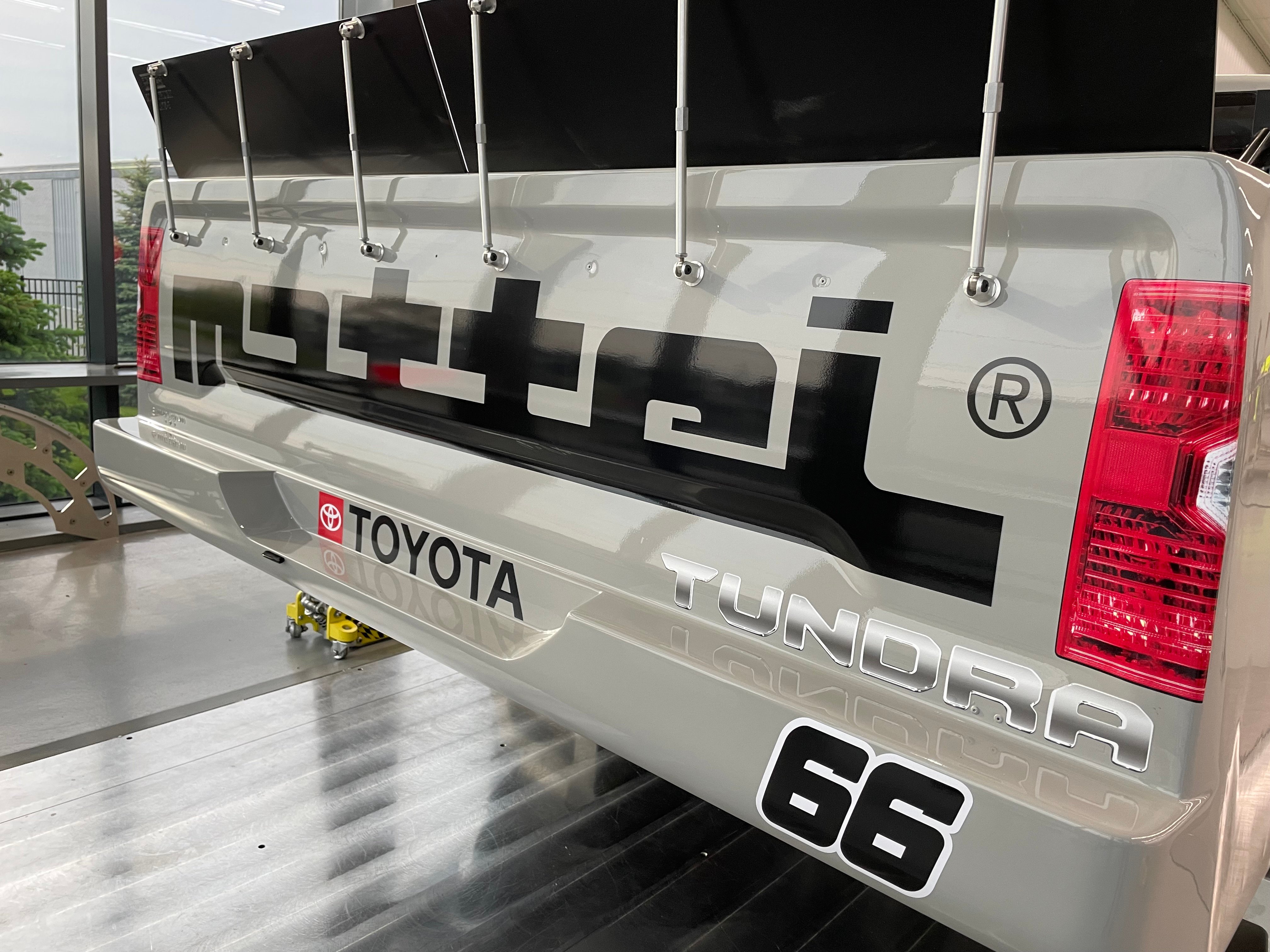
Good luck ThorSport Racing. Waiting to watch the racing!
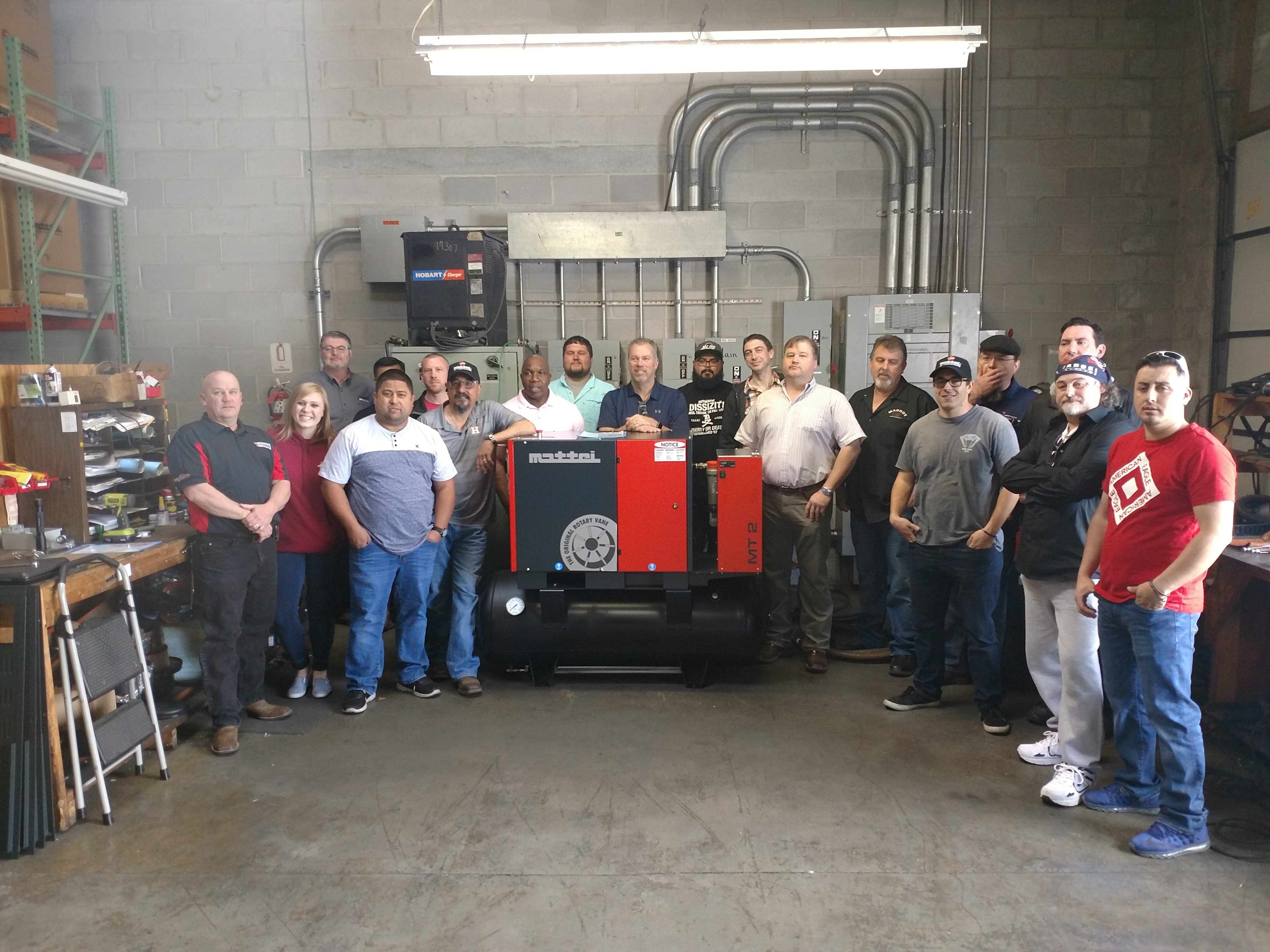
We recently held our Spring 2018 Service School for distributors. The school graduated 17 participants from both the sales and service sides.

Today, Mattei Compressors, Inc., announced the recipients of its 2017 Distributor Awards. These distributors went above and beyond to provide high-quality service to Mattei customers over the past year.
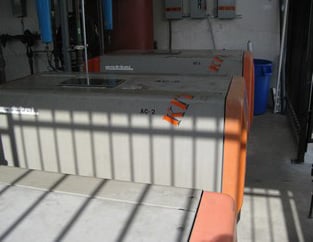
Helix Medical, LLC is widely regarded as a premier supplier of biocompatible silicone medical devices and components to the medical device, pharmaceutical and biotech industries.
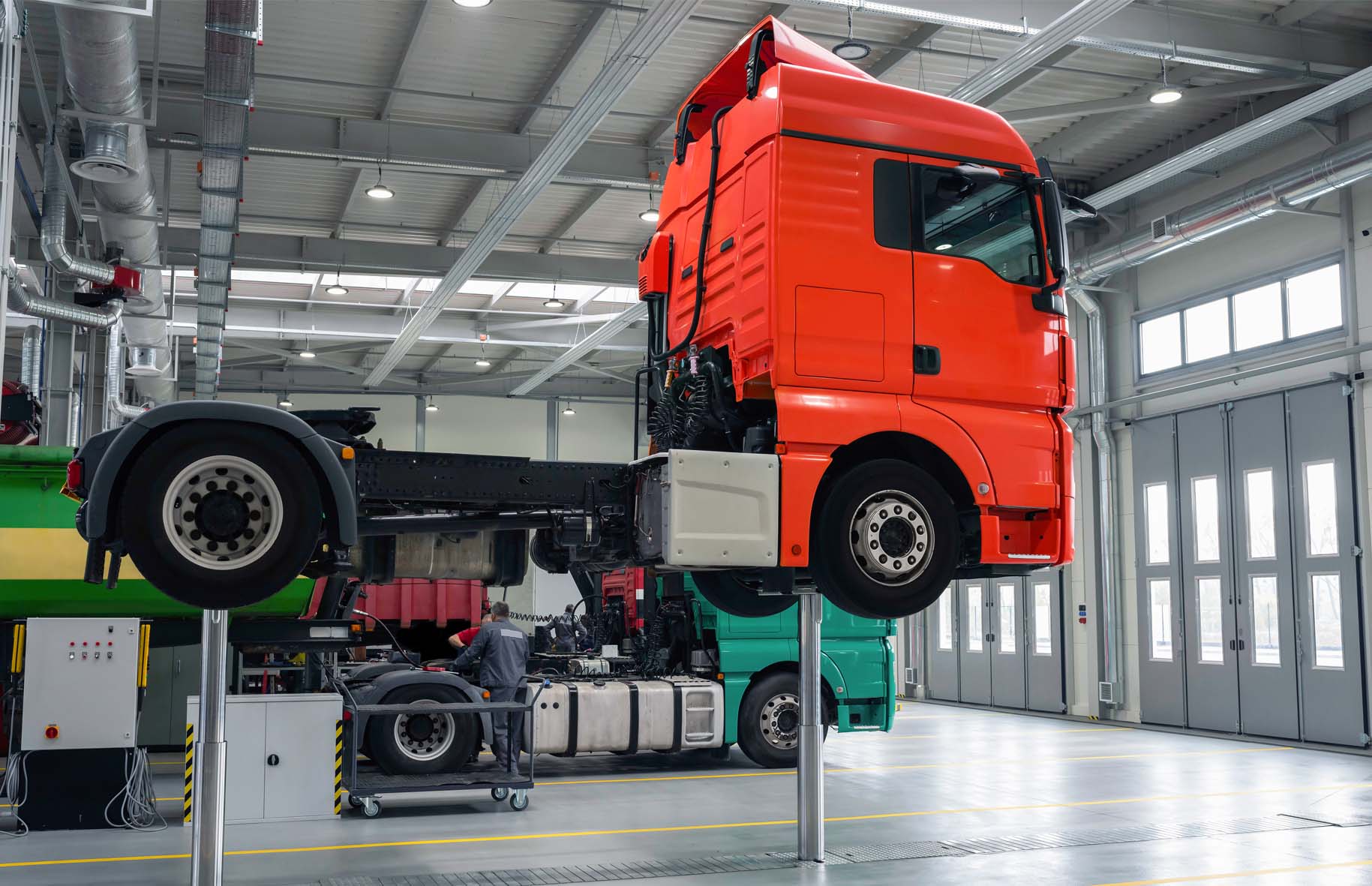
John Baker Sales, a Mattei distributor located in Colorado, worked very closely with Transwest to ascertain the company’s needs prior to making a product recommendation.

